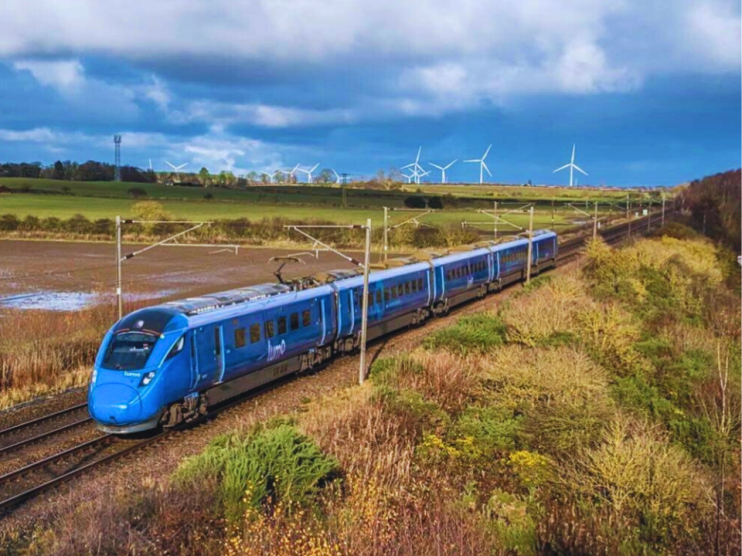Open access: The quiet revolution that might just fix Britain’s broken railways

Open access trains won’t only get train nerds excited if they bring real competition to monopoly providers, writes Guy Taylor
A little-known means of operating train services is offering a fresh approach to solving British rail’s ongoing struggles.
The vast majority of train services are run with hefty taxpayer subsidy and an effective monopoly on services.
But a growing number of so-called open access routes are being planned and the model, which prioritises commercial freedom and allows new entrants to the market, is proving a boon for companies opting to use it.
Open access operators run without taxpayer cash and are not subject to the same hefty franchising fees as mainstay rail firms.
The model was introduced post-privatisation and the Office for Rail and Road (ORR) has said it can boost competition across the sector by slashing ticket fares and increasing the number of destinations on offer.
Open access companies need to ‘buy’ space on the railways – but they’re not obliged to run trains at a certain time, like the players who have been given franchises by government.
In a recent trading update, the UK’s largest rail carriage operator Firstgroup said two open access services that it runs – Lumo and Hull Trains – had driven growth in its rail business.
The bumper demand saw the transport giant, which also owns Avanti West Coast and Great Western Railways (GWR), hike its full-year profit expectations.
The update came shortly after regulators gave the green light for Grand Union to operate a new open access route on the West Coast Mainline between London and Stirling, Central Scotland.
Firstgroup itself is in talks with the ORR over an open access route between London and Sheffield and discussions with rolling stock companies have begun, according its recent update. Its subsidiary Lumo, an all-electric open access provider, is separately in discussions to extend a number of its daily London-Edinburgh journeys to Glasgow.
Proponents of the model have argued open-access could significantly reduce ticket fares as operators place bids for train services that compete directly with the main operators.
A July report from Rail Partners, which represents private rail firms, suggests passengers could see ticket costs go down between 15 and 50 per cent if the government increased the number of open access operators.
But growth has been slow so far though. The handful of operators in the UK include Grand Central, Lumo and Hull, Heathrow Express and Eurostar.
The government offered billions in support for franchised train companies during the pandemic but open access operators were denied the same bail-outs. Many were forced to cease operations for the entire period.
To truly make a significant impact, the open access approach would need significant backing from government.
Its future could also be determined by Great British Rail, a major but long-delayed proposal for reform that would bring in a state-owned body to oversee Britain’s railway network.